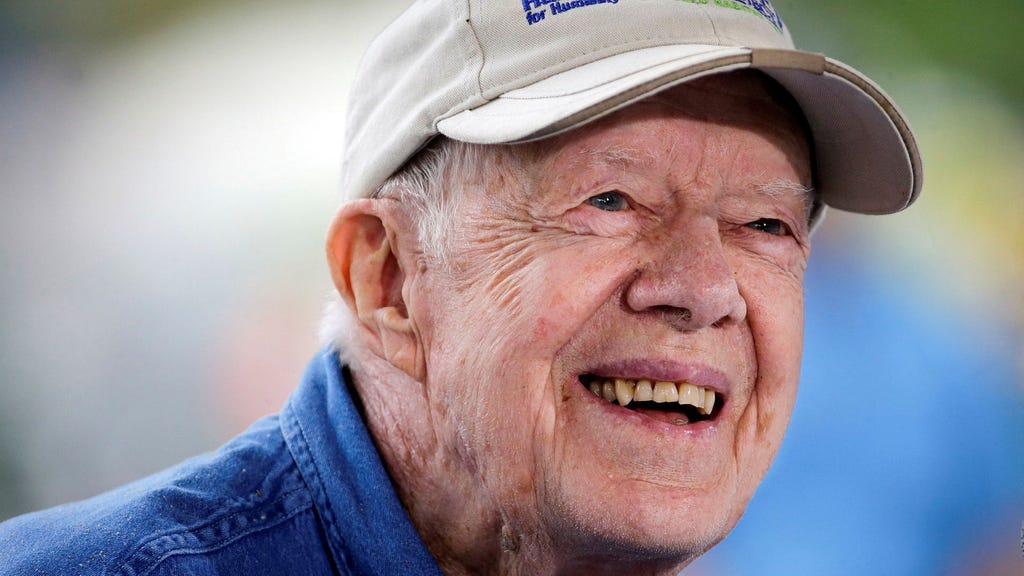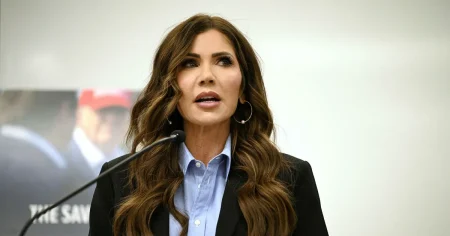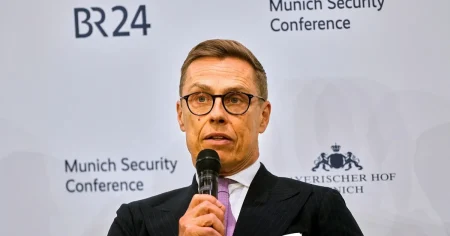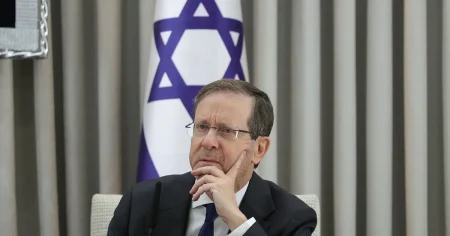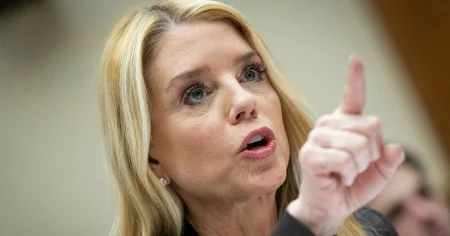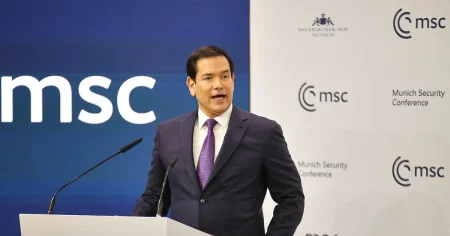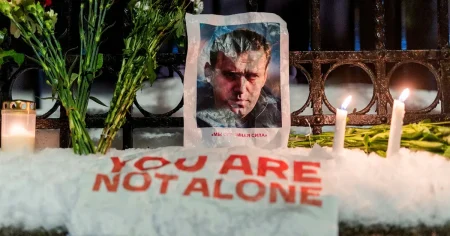Jimmy Carter’s presidency, while a single term, was a period marked by significant policy shifts and a distinct approach to both domestic and international affairs. He prioritized human rights, energy independence, and environmental protection, setting the stage for future administrations to grapple with these complex issues. Domestically, he deregulated the airline, trucking, and railroad industries, fostering competition and impacting the American economy. He also established the Department of Energy and the Department of Education, demonstrating a commitment to both economic growth and social progress. Internationally, his focus on human rights as a cornerstone of foreign policy was a departure from previous administrations and set a precedent for future diplomatic engagements. The Camp David Accords, brokering peace between Israel and Egypt, stand as a testament to his diplomatic skill and commitment to peaceful conflict resolution. While his policies faced criticism and challenges, Carter’s presidency laid important groundwork for future progress in several key areas.
Despite his electoral defeat after one term, Carter refused to retreat from public life. Instead, he redefined the role of an ex-president, transforming it from a position of quiet retirement to one of active engagement in global issues. He founded The Carter Center, an organization dedicated to advancing human rights, promoting democracy, and improving global health. Through this organization, he tirelessly worked to mediate conflicts, monitor elections, and eradicate diseases like Guinea worm disease, river blindness, and trachoma. His hands-on approach and unwavering dedication earned him international respect and recognition. He traveled extensively, often to remote and challenging locations, to personally oversee projects and advocate for the marginalized. This post-presidency commitment to service highlighted Carter’s deep sense of responsibility and his belief in the power of active citizenship.
Central to Carter’s personal and professional life was his enduring partnership with his wife, Rosalynn. Their 77-year marriage served as a foundation for his work and a testament to the power of shared values and mutual respect. Rosalynn was not merely a supportive spouse; she was an active participant in his political and humanitarian endeavors. She traveled with him, participated in negotiations, and championed causes close to her heart, particularly mental health awareness. Her own advocacy work demonstrated a deep commitment to social justice and equality, complementing and strengthening Jimmy Carter’s efforts. Their partnership was a powerful example of a couple working together to make a positive impact on the world.
Rosalynn’s influence on Jimmy Carter’s career was profound and multifaceted. She served as a trusted advisor, offering insightful perspectives and challenging his assumptions. Her deep understanding of policy and her ability to connect with people from diverse backgrounds made her an invaluable asset to his political campaigns and his presidency. She championed issues that were often overlooked, bringing them to the forefront of public discourse. Her advocacy for mental health awareness, in particular, helped to destigmatize mental illness and promote greater understanding and support for those struggling with mental health challenges. Her unwavering commitment to social justice provided a moral compass, reminding Carter of the human consequences of political decisions.
The Carter Center, a testament to Jimmy and Rosalynn’s shared vision, stands as a beacon of hope and a model for effective humanitarian work. Its focus on disease eradication, election monitoring, and conflict resolution reflects their commitment to addressing the root causes of suffering and promoting sustainable peace. The Center’s work has had a tangible impact on the lives of millions of people around the world. Its success in nearly eradicating Guinea worm disease is a remarkable achievement in public health. Its efforts to promote fair and transparent elections have strengthened democratic institutions in numerous countries. Its commitment to conflict resolution has helped to prevent violence and build bridges between communities divided by conflict.
Jimmy Carter’s legacy is complex and multifaceted. His single term in the White House, while marked by both successes and setbacks, laid the groundwork for future progress in areas such as human rights, energy independence, and environmental protection. His post-presidency work, however, truly solidified his place in history. Through The Carter Center, he redefined the role of an ex-president, demonstrating the power of active citizenship and the enduring impact that individuals can have on the world. His enduring partnership with Rosalynn underscored the importance of shared values, mutual respect, and unwavering support in achieving meaningful change. Jimmy Carter’s life and work serve as a powerful reminder that true leadership extends beyond the confines of political office and that dedication to service can yield remarkable results.





